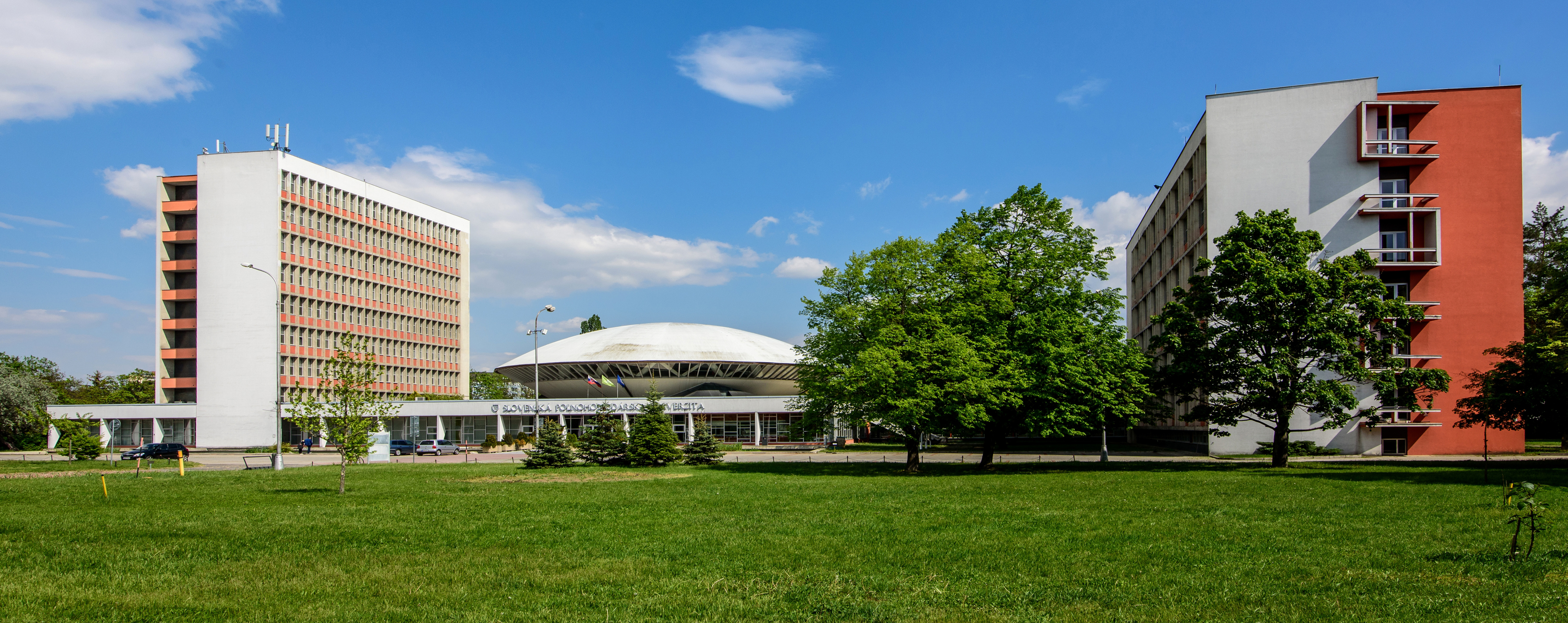Associate Professor Cviklovič presented the benefits and challenges of robotics in crop production at the OECD
23.01.2025.jpg)
As part of the meeting of the Steering Board of the OECD Agricultural Research Programme (CRP) in Paris, an Open Forum scientific conference was held at the beginning of December last year (December 3). The CRP member states chose Digital Innovations for Sustainable Agriculture as the topic.
One of the five experts, leaders of large teams with significant contributions to the field of agriculture, who gave a lecture was Associate Professor Vladimír Cviklovič from the Faculty of Engineering of the Slovak University of Agriculture in Nitra. The researcher has been working on control and navigation algorithms in autonomous mobile robotics for almost 20 years, and in 2022 he also received the Scientist of the Year award in the Innovator of the Year category. He focused his lecture on the benefits and challenges of navigation, autonomous machines and robotics in crop production.
As he informed, he pointed out that machines in this segment are already surpassing human capabilities in terms of work quality, efficiency, performance and the possibility of mitigating the negative impacts of climate change. “I pointed out that without automation it is not possible to apply precision farming practices. I presented various examples of automation from the activities of our research team from the Institute of Electrical Engineering, Automation, Informatics and Physics of the Faculty of Technology of the Slovak Technical University, as well as CTF technology and its benefits based on the research of our experts - Professor Vladimír Rataj, Associate Professor Jana Galambošová and Associate Professor Miroslav Macák. I concluded the lecture with information on the application of robotics in greenhouses and the APVV project, which is focused on the research and development of a cheap machine for automated harvesting of grape tomatoes,” explained V. Cviklovič.
The subsequent discussion focused on the problems that autonomous machines will cause in society, as they deprive people of their jobs. “I think that people will have other opportunities. We know from history that even during the first industrial revolution, people were afraid that machines would take their jobs. But it was not so. Currently, a small percentage of people work in agriculture, so the impact will be minimal,” said V. Cviklovič.
The Steering Board meeting was chaired by the Slovak Republic, and the CRP Program Chair is Kristína Gendová Ruzsíková from the Permanent Mission of the Slovak Republic to the OECD, who has been confirmed in her position for 2025. Diplomat K. Gendová Ruzsíková is a successful graduate of doctoral studies at the Faculty of European Studies and Regional Development of the Slovak University of Agriculture in Nitra.
In 2025, the Slovak Republic will celebrate a quarter of a century since its accession (14.12.2000) to the Organization for Economic Co-operation and Development (OECD). The OECD is a constant source of information, data and proven experience for Slovakia. In the past, data and analyses have helped us go through economic transformation and implement fundamental reforms.
Cover photo: Associate Professor V. Cviklovič and Doctor K. Gendová Ruzsíková at a conference in Paris.





